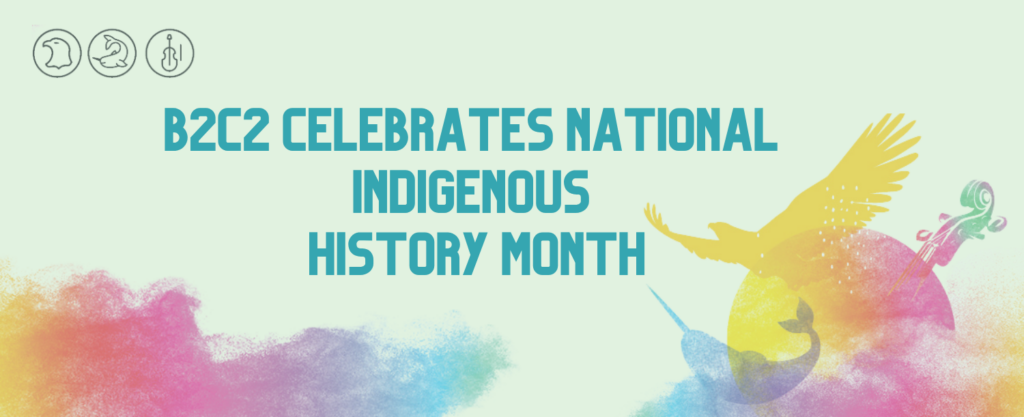June is Indigenous History Month — a time to honour the histories, cultures, and leadership of First Nations, Inuit, and Métis Peoples. While the month may be wrapping up, our commitment to reconciliation, self-reflection, and system change in early learning must remain active all year long.
One of the clearest responsibilities laid out in the Truth and Reconciliation Commission’s final report is Call to Action #12, which reads:
“We call upon the federal, provincial, territorial, and Aboriginal governments to develop culturally appropriate early childhood education programs for Aboriginal families.”
For those of us working in and around early learning and care, this call is both an opportunity and a challenge — one that asks us not only to support Indigenous-led solutions but also to reflect on our own roles in dismantling colonial systems and building something better.
We reached out to Ashley Collins at Compass Early Learning and Care this month to gather some reflections. Ashley pointed to some important developments that speak to how sector feedback can push reconciliation forward. Compass has been involved in reviewing the Ontario child care funding formula and made a draft recommendation that an equity and inclusion action plan should be included in the final paper — one that explicitly supports culturally grounded, Indigenous-led programming. It’s a small but significant way to support Call to Action #12 in systems-level policy conversations. Compass is also engaged in some actions internally such as working with Indigenize for professional learning opportunities and consultation on their Corporate policies.
Ashley also shared a thoughtful post by the Child and Nature Alliance that resonated with her. The post — shared for National Indigenous Peoples’ Day — walks through a set of guiding principles for respectfully incorporating Indigenous perspectives in early learning spaces. It includes steps like understanding your own positionality, reaching out in non-imposing ways, and holding space for lifelong learning. These aren’t box-ticking exercises — they’re reminders that respect and relationships come first.
At the national level, the movement toward Indigenous-led early learning continues to grow. Since 2021, the federal government has committed over $2.5 billion in funding to support Indigenous Early Learning and Child Care (IELCC) initiatives, with $542 million in ongoing support. This funding is guided by a co-developed framework, shaped by Indigenous leadership through the Assembly of First Nations, Inuit Tapiriit Kanatami, and the Métis National Council. It emphasizes Indigenous governance, community-driven decision-making, and culturally appropriate programming. Over 35,000 children are already accessing programs through this funding, with more expansion and renovations underway.
Programs like Aboriginal Head Start in Urban and Northern Communities (AHSUNC) continue to play a vital role. In April 2024, the Public Health Agency of Canada launched a new Indigenous-led administrative model for AHSUNC, developed through two years of engagement with community partners. This marks a shift toward greater self-determination in early learning — a direct and meaningful response to the vision set out in Call to Action #12.
From community feedback to federal investments, there is a growing momentum to transform early learning systems to better reflect Indigenous values, cultures, and priorities. But there’s still a long way to go. This Indigenous History Month, we’re reminded that reconciliation is not just a moment of reflection — it’s a commitment to continuous work. Whether it’s through policies, partnerships, or pedagogy, every step we take to support culturally appropriate child care helps bring us closer to meaningful change.
We’re grateful to Ashley and the Compass team for sharing their perspective, and to the educators, leaders, and families who continue to do this work every day — not just in June, but all year long.


